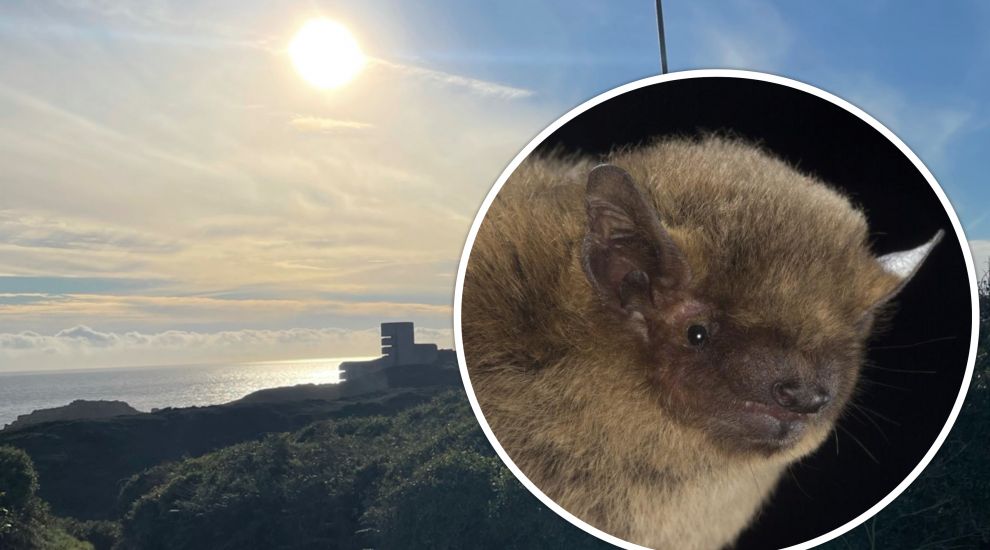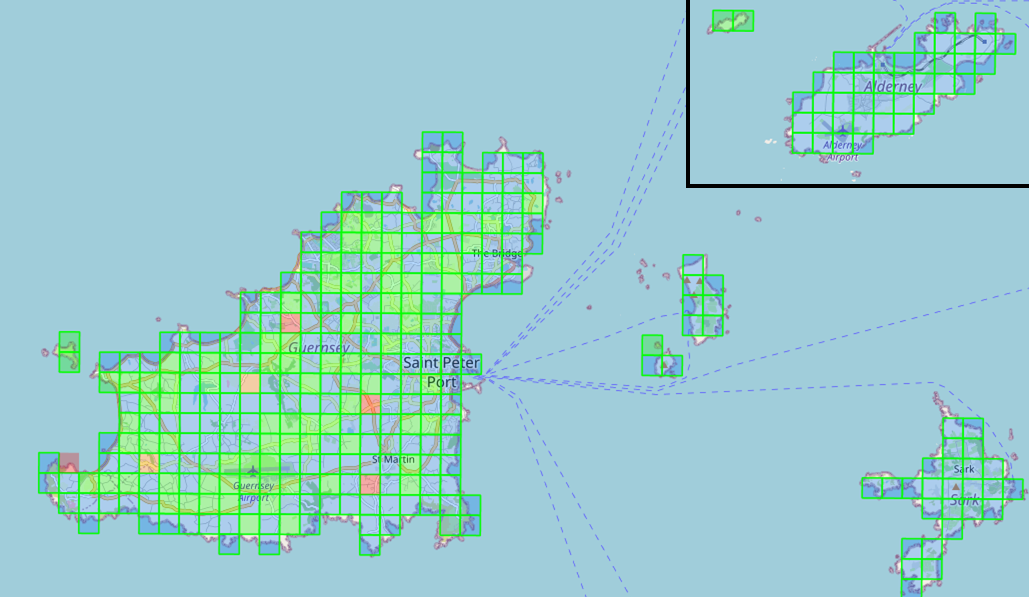


A survey to better understand the Bailiwick’s bat population has returned, with the public’s help needed for the ‘citizen science project’.
The Bailiwick Bat Survey has been commissioned by Agriculture, Countryside and Land Management Services (ACLMS) to better understand the distribution of various bat species across the island. It has been coordinated by La Societe and feeds into a wider piece of work by Environment & Infrastructure called the Strategy for Nature.
It’ll require support from the public, offering people the opportunity to borrow bat detecting equipment to help build a data base. Volunteers can borrow equipment from several places, namely: Alderney Wildlife Trust, La Société Serquaise, the Guille-Allès Library, Sir Charles Frossard House and La Société Guernesiaise.
The survey team said: “Volunteers are asked to select a square (measuring 500 x 500 metres) from an online sign-up map, and to place a static bat detector in typical habitat in their chosen square for a four-night period twice per year, once between the start of April and mid-July, and then again to record at the same location between mid-July and the end of the October.”

“The Bailiwick Bat Survey is designed to connect and engage our community with an aspect of nature that is generally poorly known about,” said Phil Atkinson from the survey team. “The success of this project is dependent on volunteer participation and as the survey runs from the start of April until the end of October, there is plenty of time to take part. Anyone can get involved – you do not need to be a bat expert!”
Emily Coule from ACLMS explained how bats are protected under the Agreement on the Conservation of Populations of European Bats (EUROBATS).
“By signing up to this agreement, Guernsey has committed to protect bats through monitoring, legislation, education, conservation measures and international co-operation,” she said.
“As indicators for the health of our wider environment, it is important we monitor our bats, to understand the threats and allow ecosystems to thrive.”
You can get involved and find out more information ONLINE.
Comments
Comments on this story express the views of the commentator only, not Bailiwick Publishing. We are unable to guarantee the accuracy of any of those comments.